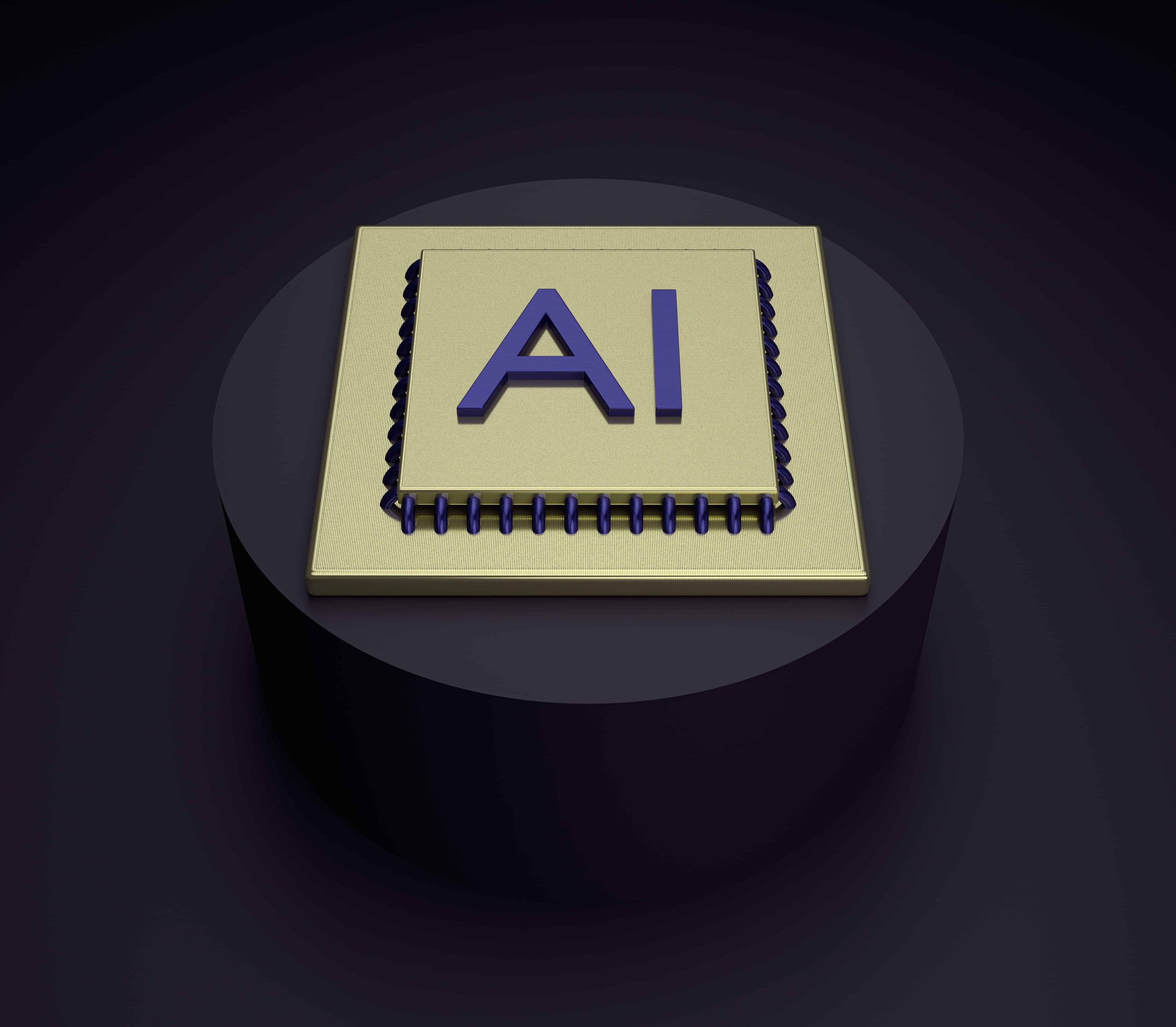

The Influence of AI on the Music Industry
Artificial intelligence (AI) technologies have brought significant changes to the music industry in recent years. AI’s capacity to process large amounts of data, create original compositions, and improve the listener’s experience has revolutionized various aspects of the music industry. This article explores how AI has transformed the creation, distribution, consumption, and economy of music.
One of the most remarkable contributions of AI to the music industry is its role in composition and creation. By leveraging machine learning algorithms, AI systems can analyze and learn from vast musical datasets, enabling them to generate original compositions that mimic the style and characteristics of renowned artists. These AI-generated pieces showcase the immense potential of technology to produce music that is both innovative and captivating.
In addition to composition, AI has played a crucial role in enhancing the overall production process of music. AI-powered tools can assist producers in automating repetitive tasks, such as audio editing, vocal tuning, and drum programming. By streamlining these processes, AI empowers musicians and producers to focus more on the creative aspects of their work, leading to increased efficiency and productivity.
However, this has raised concerns about copyright protection and content identification. With the widespread availability of digital music, it has become challenging to track and monitor copyright infringement. AI has also revolutionized the way music is consumed to the benefit of the general market. With the help of machine learning algorithms, streaming platforms and recommendation engines can analyze user preferences, listening habits, and contextual data to provide personalized music recommendations. This personalized approach enhances the overall listening experience, introducing users to new artists and genres they may enjoy, while simultaneously promoting music discovery and diversity.It is important to note however that while we have witnessed collaboration between Humans and AI regarding creative output; the future may not be as bright as one would hope. Musicians are currently embracing AI as a creative tool, leveraging its capabilities to explore new sonic landscapes, experiment with novel ideas, and push the boundaries of traditional music composition. This collaboration has paved the way for exciting and innovative music productions that blend human creativity with the analytical power of AI.
Nevertheless, as Artificial Intelligence technology advances and improves its algorithms for creating music, we may eventually reach a point where music generated by humans and AI is indistinguishable. While humans may still be necessary for recording, it’s possible computers could eventually replace musicians and producers. However, OpenAI – the organization behind ChatGPT – acknowledges that their AI called Jukebox, which generates music and basic singing, is not yet as strong as human-generated music. Jukebox can produce music in the style of famous artists such as Elvis Presley and Katy Perry, but it hasn’t reached the level of human creativity and nuance. In any event, it can emulate established styles with remarkable accuracy. This could lead to a reduction in demand for live musicians and producers because utilizing AI would likely be cost-effective. The music industry could soon undergo significant disruption and transformation, similar to numerous other industries.
The music industry is being significantly impacted by artificial intelligence. AI is transforming the creation, distribution, and consumption of music. From AI-generated compositions to improved production processes and personalized listening experiences, the possibilities of AI are being embraced and the boundaries of what is achievable are being pushed. Nevertheless, it is vital to strike a balance between the convenience and efficiency of AI-generated music and the value of human creativity and expression. To ensure that the future of music remains a harmonious collaboration rather than a complete replacement, it is necessary to integrate AI technologies with the artistic visions and emotional depth of human musicians.
Image credit: Mohamed Nohassi (Unsplash)
Next article: Music Production Software Market trends and advancements report


- Arodes cover Interview
- Armin van Buuren: Breathing In [Exclusive Interview]
- Ibiza 2024: What To Expect
- Burak Yeter: A Day In Space [Exclusive]

